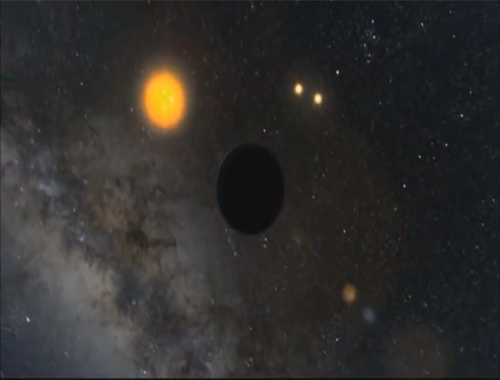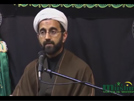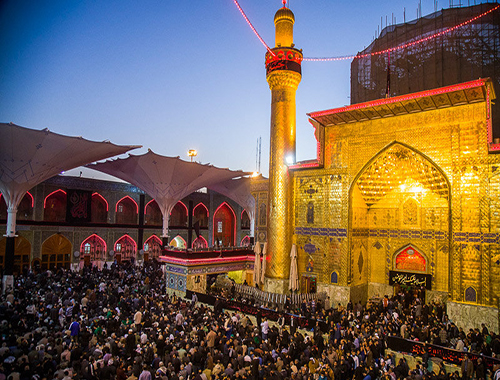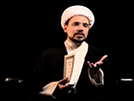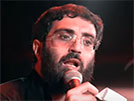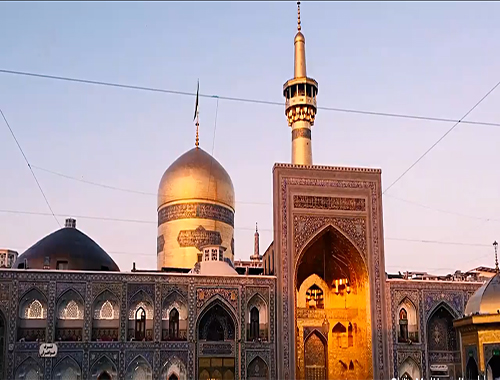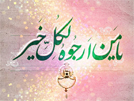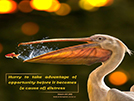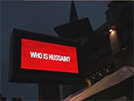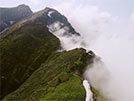(C) Scientific Revelations
- Details
- Hits: 1898
(C) Scientific Revelations
Now, a non-Arab may rightly wonder about the claim of literary miracle. He does not know Arabic, so the miraculous aspect of language might not be appealing to him at all, or even, to some extent, to the illiterate Arabs of our days whose colloquial language is a far deviation from the classical style of the Qur'Än.
In modern days, we need a miracle in science, telling us what is in the heavens and within ourselves. The Qur'Än, although not a scientific text, reveals many secrets and wonders of the heavens and of ourselves as part of its call to believe in the Creator of the universe.
The Moon & The Sun:
The Qur'Än says: Do not you see how God created seven heavens in harmony; and made the moon a light therein, and the sun a lamp? (75:16-17) The moon is a solid object which reflects light, hence it is a `light'. But the sun is a source of energy and light, so it is described as a `lamp'.
The sun is not static but moving in a path exactly computed. The Qur'Än declared these facts 1400 years ago: And the sun is moving on the course determined for it. That is the decree of the Almighty, the All-Knowing; and the moon, We have determined for it mansions (to traverse) till it becomes like the old (and withered) lower part of a date-stalk; the sun is not allowed to catch up with the moon, nor can the night outstay the day. Each swims along in (its own) orbit. (36:39-41)
Exploring The Space:
The Qur'Än says: O Company of jinn and men, if you have the power to penetrate the regions of the heavens and the earth, then penetrate (them); you will not penetrate them except with a power. (55:34) This verse comes with undoubted encouragement to explore and travel through outer space.
Here one should pause and think of the society in which the Prophet of Islam lived. The means of transportation were camels, horses and donkeys. The people lived in tents and worshipped idols. They had not even dreamt of a car or an aeroplane or even a machine of any kind. How does the Qur'Än put such a high idea to encourage people not only to fly but to travel to other planets and heavens? In materialistic thinking, such a task is impossible because they claim that human thoughts are reflections of his material environment. Then the only solution in this case is to believe that the Qur'Än is not a product of the human mind, but is a revelation from God. No human being could definitely put forth such an idea even if he were the greatest astronomer or scientist.
Pharaoh's Body:
People in our times are proud of their knowledge and the Qur'Än baffles them even now. There are so many examples of verses which remained a puzzle for commentators until the discoveries of recent times made their meaning clear. Here is one example:
Speaking about the drowning of Pharaoh, the Qur'Än says: And We brought the children of Israel across the sea; and Pharaoh and his horse persuade them wrongfully and aggressively; till, when the calamity of drowning overtook him, he said, `I believe that there is no God but He in whom the children of Israel believe, and I am of those who submit to Him.' What! Now! While you were disobedient before this and were of those who create disorder (in society). So this day We will save you in body only, so that you may be a sign to those who come after you. (10:91-93)
These verses clearly say that Pharaoh's body was recovered and it became a sign of warning to later generations. But this thing is not mentioned in the Bible. Still the Qur'Än claimed that the body of Pharaoh was recovered; and 1300 years after this revelation, excavations have brought into light that body which was mummified and preserved for future generations, and even after these long centuries his face and body clearly show the effect of drowning.
If the Qur'Än was the work of a man, how did he know of this fact which was not known even to the Jews and the Egyptians of that time?
* * *
In the end, it is necessary to remind the Muslims that if they get to know the Qur'Än, or get to know it better and put its great, magnificent and precise project into action, greatness will be theirs, and more.
The huge edifice of the greatness of Muslims collapsed when they stopped putting the commands of this heavenly book into practice. So they fell down, they were satisfied only with the name of Islam.
Our departed greatness will return when we leave this crooked way and, starting again, become true Muslims and put the Qur'Än at the top of the sights of our hearts and our wisdom, and make it an example for life, as the Prophet said, “When calamities encompass you like the darkness of the night, reach for the Qur’Än.”
* * *
This lesson has been adapted from S. Saeed Akhtar Rizvi, The Qur'Än & Hadith (1971) Dar-es-salaam, Tanzania with few passages added from Dar Rah-e Haq, The Roots of Religion.

